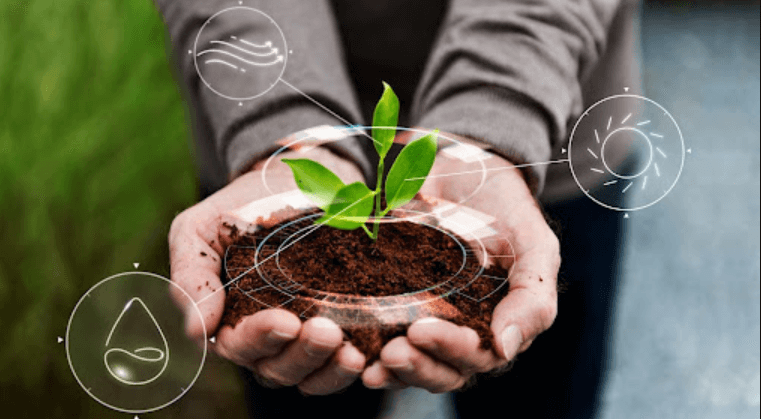The Role of Technology in Sustainable Agriculture
Technology is reshaping the landscape of sustainable agriculture. Precision farming techniques enable farmers to optimize inputs and minimize waste. Innovative irrigation systems conserve water while ensuring crop health. Moreover, biotechnology enhances yield and resilience against climate challenges. Data analytics and IoT further streamline farm management, allowing for informed decision-making. As these advancements converge, the potential for a more sustainable agricultural future emerges, raising critical questions about their long-term impact and implementation.
Precision Farming: Enhancing Efficiency and Reducing Waste
How can precision farming transform agricultural practices for the better?
By integrating advanced soil monitoring and crop mapping technologies, farmers can optimize resource use, minimize waste, and enhance productivity.
This data-driven approach allows for tailored interventions, ensuring that inputs match crop needs precisely.
As a result, precision farming not only boosts yields but also promotes sustainable practices that align with a desire for agricultural freedom and independence.
Innovative Irrigation Techniques for Water Conservation
Innovative irrigation techniques are revolutionizing water conservation in agriculture, addressing the critical need for sustainable water management.
Drip irrigation systems deliver water directly to plant roots, minimizing waste and enhancing efficiency.
Meanwhile, rainwater harvesting captures and repurposes natural precipitation, reducing reliance on traditional water sources.
Together, these methods empower farmers to optimize resources, ensuring both productivity and environmental stewardship in an increasingly water-scarce world.
See also: The Role of Technology in Everyday Life
The Impact of Biotechnology on Crop Yield and Resilience
As agricultural challenges intensify due to climate change and population growth, biotechnology emerges as a crucial tool for enhancing crop yield and resilience.
Genetic modification techniques enable the development of crops that can withstand environmental stresses, thereby promoting food security.
Furthermore, fostering crop diversity through biotechnological innovations not only sustains ecological balance but also empowers farmers to adapt to ever-changing agricultural landscapes.
Data Analytics and IoT: Transforming Farm Management
Advancements in biotechnology have laid the groundwork for a new era in agricultural practices, where data analytics and the Internet of Things (IoT) play pivotal roles in optimizing farm management.
Through enhanced farm monitoring systems, farmers can track real-time data, facilitating accurate yield prediction. This integration empowers producers to make informed decisions, ultimately fostering sustainable practices that enhance productivity while minimizing environmental impact.
Conclusion
In conclusion, while some may argue that technology in agriculture can lead to over-reliance on artificial systems, the reality is that these innovations enable farmers to make informed decisions that enhance sustainability. By leveraging precision farming, advanced irrigation techniques, and data analytics, farmers can optimize resource use and minimize waste, ultimately fostering a resilient agricultural landscape. Embracing technology not only improves productivity but also ensures the long-term viability of farming practices for future generations.






